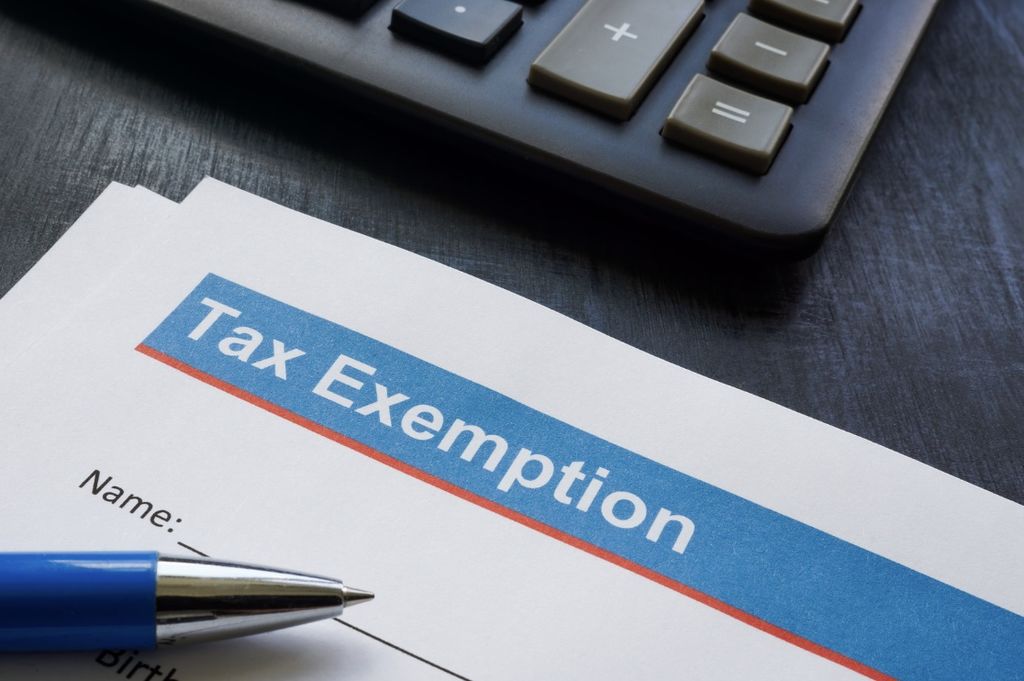Owning a home is a significant financial responsibility, and property taxes are often a major part of that. However, if you’re a disabled veteran in Texas, there are valuable property tax exemptions available that can significantly reduce, or even eliminate, the amount you owe. Understanding these exemptions is key to taking advantage of the benefits you’ve earned through your service. This blog will break down the most important property tax exemptions you can receive as a disabled veteran in Texas and how to apply for them.
What is a Property Tax Exemption?
A property tax exemption reduces the amount of your home’s value that is subject to taxation. For example, if your home is valued at $200,000 and you qualify for a $50,000 exemption, you would only pay taxes on $150,000. These exemptions can drastically lower your tax burden.
Texas offers specific property tax exemptions for disabled veterans that vary depending on the level of disability, which is determined by the U.S. Department of Veterans Affairs (VA).
 Key Property Tax Exemptions for Disabled Veterans in Texas
Key Property Tax Exemptions for Disabled Veterans in Texas
- Disability Percentage-Based ExemptionTexas provides a sliding scale of property tax exemptions for disabled veterans based on the percentage of disability assigned by the VA. Here’s a breakdown of the exemption amounts:
- 10% to 29% disability rating: $5,000 exemption from the assessed property value.
- 30% to 49% disability rating: $7,500 exemption.
- 50% to 69% disability rating: $10,000 exemption.
- 70% to 100% disability rating: $12,000 exemption.
- 100% disability rating: 100% exemption
This exemption can be applied to any property you own, and is not limited to your homestead property, as long as it’s in your name.
- 100% Disability or Unemployable Veterans – Total ExemptionIf you have a 100% disability rating or are deemed unemployable by the VA, Texas offers a 100% property tax exemption. This means you owe no property taxes on your primary residence, regardless of its value. It’s a major benefit for those who have given so much in service to their country. There is no cap on the value of the home that qualifies, so whether your home is worth $100,000 or $1 million, you won’t pay property taxes on it.
- Surviving Spouse ExemptionThe tax benefits don’t just apply to veterans; surviving spouses of disabled veterans may also be eligible. If your spouse was a disabled veteran with a 100% disability rating at the time of their death, you could qualify for the 100% property tax exemption as long as you don’t remarry and continue to live in the home. If the veteran’s disability rating was less than 100%, the surviving spouse may still be eligible for the percentage-based exemption.
- Charitable Organizations Housing VeteransCertain charitable organizations that provide housing to disabled veterans may also qualify for property tax exemptions on those properties. This helps reduce the costs for these organizations and allows them to continue their important work of supporting veterans in need.
 How to Apply for the Exemption
How to Apply for the Exemption
Applying for a property tax exemption as a disabled veteran in Texas is a relatively straightforward process:
- Obtain VA Documentation: First, you’ll need to secure a copy of your VA disability rating letter. This document confirms your disability rating and is essential for determining your eligibility.
- Complete the Application: You can download the Application for Disabled Veteran’s or Survivor’s Exemption (Form 50-135) from the Texas Comptroller’s website or pick one up at your local county appraisal district office.
- Submit the Application: Submit the completed application along with your VA disability documentation to your local county appraisal district office. You must file the application before April 30 to apply the exemption for the current tax year.
- Await Confirmation: After submitting your application, the appraisal district will notify you if your exemption has been approved. Once approved, it will apply to your future tax bills.
Additional Considerations
- Partial Year Exemptions: If you become disabled or move into a new home after January 1, you may still qualify for a partial year exemption for the portion of the year you occupied the residence.
- Multiple Property Ownership: If you own more than one property, you can apply the exemption to only one property. Typically, this will be the property that serves as your primary residence.
- Exemption Transfers: If you sell your home and purchase a new one, the exemption may transfer to the new property, though you’ll need to file a new application.
Conclusion
The property tax exemptions available to disabled veterans in Texas offer substantial financial relief, making homeownership more affordable for those who have served their country. Whether you have a 10% or a 100% disability rating, these benefits can reduce or eliminate the burden of property taxes. If you’re eligible, be sure to take full advantage of these programs by applying through your local appraisal district.
By staying informed and understanding the process, disabled veterans and their families can enjoy the financial benefits they’ve earned and secure a more affordable path to homeownership.
If you think you qualify for these exemptions, contact your local county appraisal district to begin the process and take the first step toward significant savings on your property taxes.

By: Jennifer Welch



